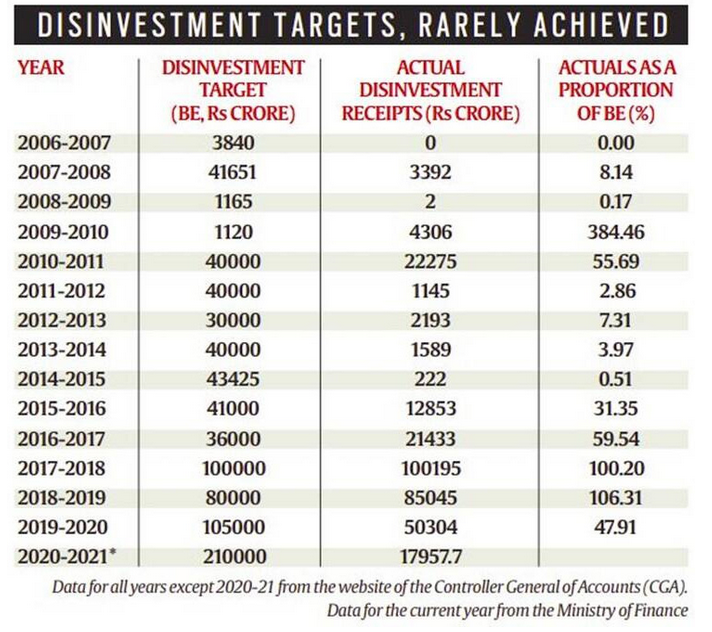Content
- Introduction
- What is Disinvestment?
- How does Disinvestment work?
- Example of Disinvestment
- Causes of Disinvestment
- Why do companies disinvest?
- What does disinvestment mean for our economy?
- Wrapping Up
Introduction
Disinvestment is the opposite of investment. Disinvestment is an intentional effort to reduce, usually by force, something that was previously invested in. For example, disinvestment happens when a country's government tries to undermine or remove foreign businesses from its country.

Source : Business Today
Even though disinvestment is often political in nature, it can also be financial. For example, some countries have disinvested from their own companies by selling off their shares. And on a smaller scale, many investors choose to disinvest from companies that they don't think are doing well.
More Articles to Explore
- Difference between NSDL and CDSL
- Lowest brokerage charges in India for online trading
- How to find your demat account number using PAN card
- What are bonus shares and how do they work?
- How to transfer shares from one demat account to another?
- What is BO ID?
- Open demat account without a PAN card - a complete guide
- What are DP charges?
- What is DP ID in a demat account
- How to transfer money from demat account to bank account
Disclaimer: Investment in securities market are subject to market risks, read all the related documents carefully before investing. For detailed disclaimer please Click here.





